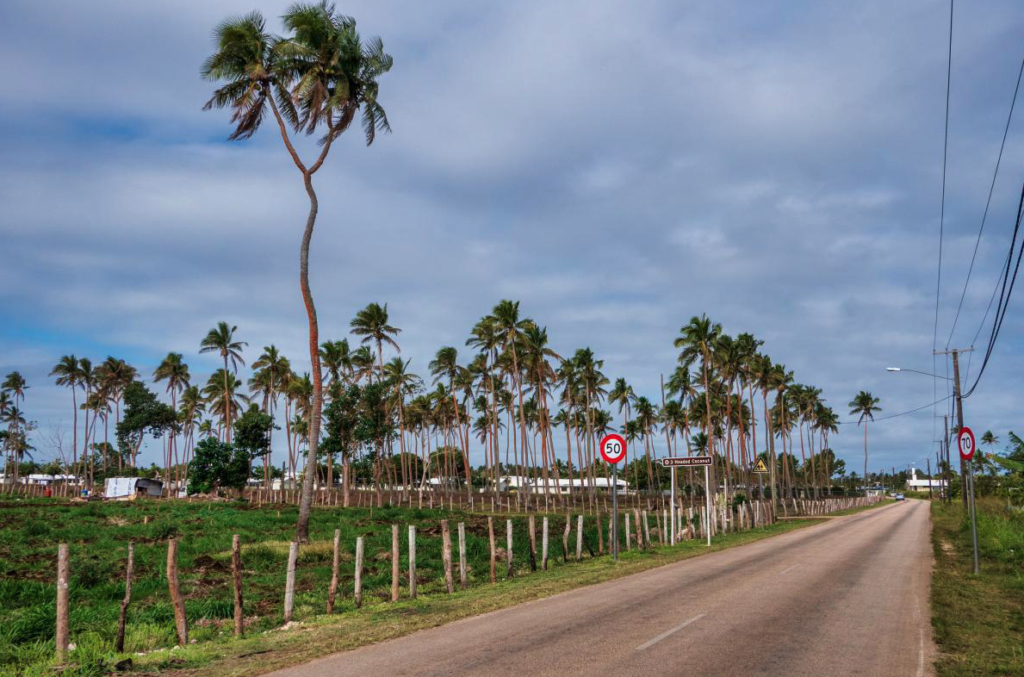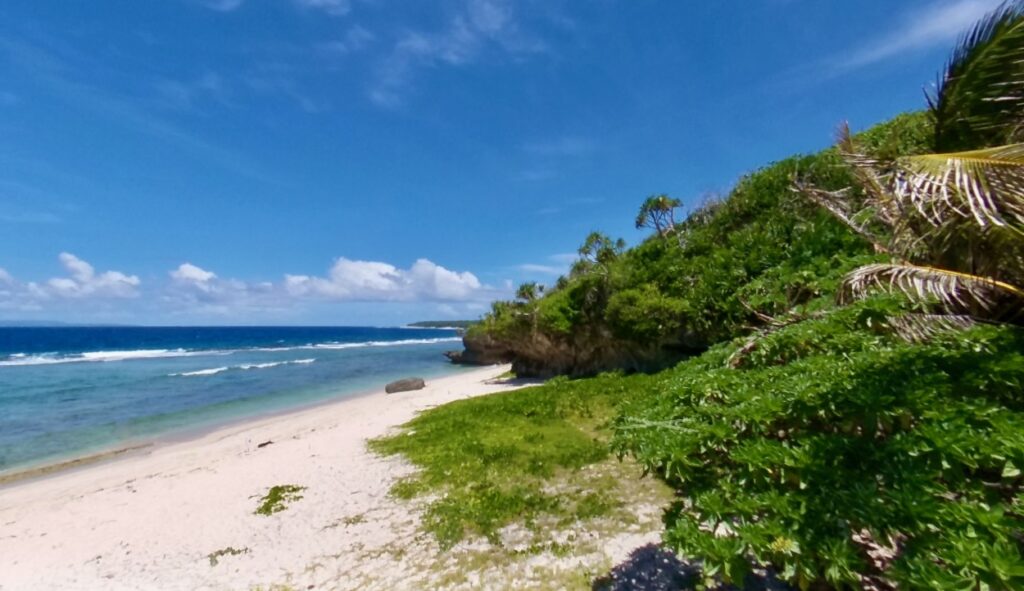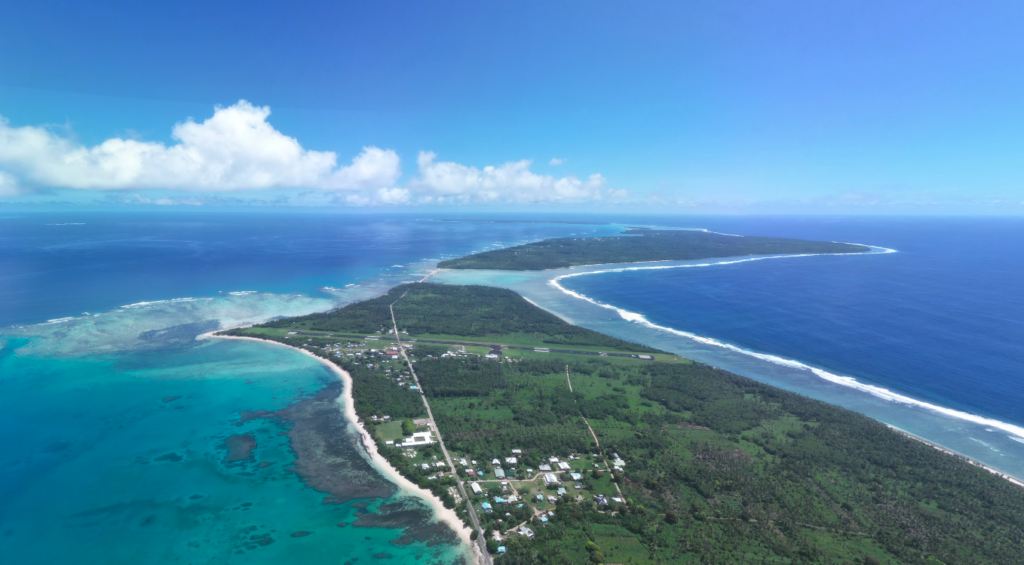Tonga / Kingdom of Tonga / Puleʻanga Fakatuʻi ʻo Tonga – Let’s explore here

What’s it like in Tonga?
Tonga is located in Polynesia in the Pacific Ocean, south of Samoa and north east of New Zealand. It consists of 171 islands, 45 of which are inhabited. It’s about the 1½ times the size of the Isle of Man, England, UK.
The population of Tonga is around 105,000 people (2022), and about half of them live in the capital and largest city, Nukuʻalofa. The capital is located on the north coast of the island of Tongatapu, in the country’s southernmost island group.
There are two chains of islands in Tonga, east and west. The west islands are all volcanic in origin, whereas the east islands are not volcanic, but made of coral. The highest point is on Kao at 3,389 ft (1,033 m).

A bit about the history of Tonga
Early History and Settlement
Tonga has been inhabited for over 3,000 years. The first settlers were Austronesian-speaking Polynesians who established a rich and distinct culture. Tonga developed into a powerful maritime society with a long history of navigation, trade and social organization, with its kings having significant influence over the Pacific region.
European Exploration and Contact
The first European to visit Tonga was Dutch explorer Abel Tasman in 1643, though it was British explorer James Cook’s visit in 1773 that brought more sustained attention to the islands. Tonga was known as the ‘Friendly Islands’ by Cook due to the warm reception he received from the locals.
Christianity and Missionary Influence
In the early 19th century, Christian missionaries arrived in Tonga, and in 1831, the Kingdom of Tonga officially adopted Christianity, greatly influencing its social and cultural structure. The arrival of missionaries led to the conversion of many Tongans and the establishment of churches, which continue to play an essential role in Tongan life today.
Formation of the Modern Kingdom
Tonga became a unified monarchy under the leadership of King George Tupou I in the 19th century. Following a series of wars and the consolidation of power, Tupou I established the Kingdom of Tonga as a sovereign state in 1875, creating a constitution that placed the monarchy at the center of governance. This allowed Tonga to maintain its independence while modernising its political and economic systems.
Colonial Era and British Protection
Although Tonga was never formally colonised, it became a British protectorate in 1900. This arrangement allowed Tonga to maintain its sovereignty while receiving British protection and guidance in foreign policy and defence matters. The protectorate status lasted until Tonga’s independence was fully recognised.
Independence and Modern Political Development
Tonga gained full independence from Britain in 1970, with King Taufa’ahau Tupou IV as the reigning monarch. Tonga remains a monarchy, with a king who serves as both the head of state and government. The political system has traditionally been characterised by a strong monarchical presence, although over time, there have been efforts to increase democratic reforms. In 2008, the first democratic elections were held, introducing a more representative form of government.
Challenges and Current Situation
Today, Tonga faces a range of challenges, including economic development, natural disasters and climate change. The country is heavily reliant on agriculture, remittances from overseas Tongans and tourism. However, Tonga remains one of the few constitutional monarchies in the Pacific, with its rich traditions and cultural practices remaining important to its identity.

Tonga road trip
We haven’t finished our planning for our road trip through Tonga yet. When we do though, we’ll post it here, and in the blog.
Hopefully our journey will improve our knowledge of this intriguing and beautiful country, and enable us to meet some interesting people. We’ll be updating this page at that time – don’t forget to check back 🙂
What’s it like to drive in Tonga?
They drive on the left hand side of the road in Tonga.
We’ve also created a dedicated page to driving abroad, which you might find helpful 🙂
What currency do they use in Tonga?
In Tonga they use the Tongan Pa’anga. The use of credit / debit cards is not widespread, you should take cash in more remote areas. Travellers cheques are only accepted in very touristy areas. There are only ATMs available in the main towns of Tongatapu, Vava’u, ‘Eua and Ha’apai.
You should make yourself aware of the amount that your bank charges you for using credit and debit cards abroad. Often credit cards are cheaper for purchasing items directly, and for withdrawing cash from ATMs.
What language do they speak in Tonga?
They speak English and Tongan in Tonga.
What time zone is Tonga in?
Remember, when you’re planning your next trip to take a look at what time zone it’s in.
Do I need a visa to visit Tonga?
We’ve created a dedicated, more comprehensive page on visas, which you should find helpful. Check it out!
Is wild camping legal in Tonga?
Yes, wild camping is fine in Tonga, but steer clear of national parks and seek permission from the landowner.
What plug / socket type do they use in Tonga?

In Tonga they use plug / socket type I.
Health issues in Tonga
Is it safe to drink water in Tonga?
No, it is not safe to drink tap water in Tonga. Bottled water is readily available throughout the country.
What vaccinations are required for Tonga?
This NHS website is kept up to date with all relevant information on vaccinations in Tonga.
Phones in Tonga
What is the country calling code for Tonga?
The country calling code for Tonga is +676
What are the emergency phone numbers in Tonga?
- The emergency number for police in Tonga is: 911 / 922
- In Tonga, the emergency number for ambulance is: 911 / 933
- The emergency number for fire in Tonga is: 911 / 999
If you’ve got some useful info that you’d like to share, let us know!
And don’t forget to check out all the other pictures!
